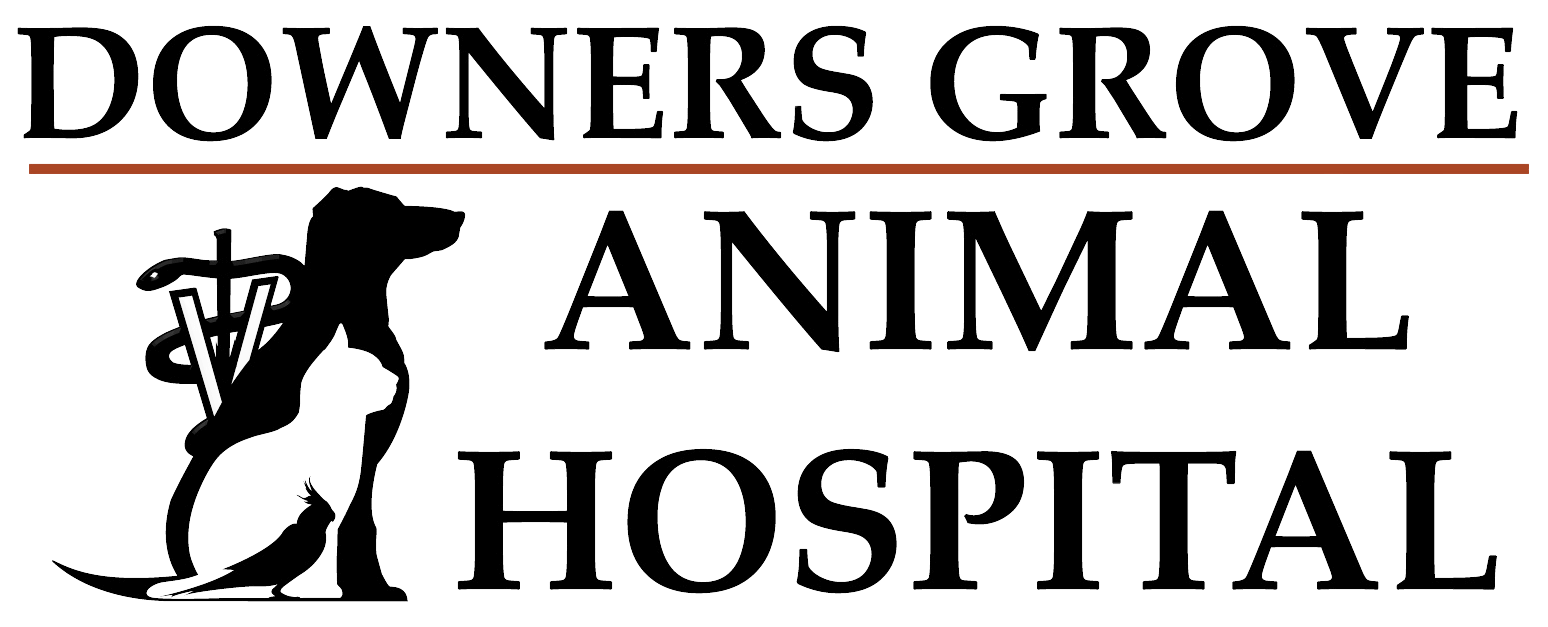Proper feeding is unquestionably one of the most important factors in raising and maintaining a healthy cat. Be sure that the foods you choose to feed your pet are 100% nutritionally complete for the particular stage of his life. A good quality cat food will supply all the protein, minerals, and vitamins needed.
Your cat should not be fed human food, dog food, or guesswork diets. Cats are unique animals that require specific nutrients in balanced amounts, in other words, a diet that is scientifically formulated for the cat. The best way to provide a nutritionally complete, proper diet for your cat is to feed him a regular diet of quality commercial cat food which is backed by years of extensive knowledge in feline nutrition. Pet foods are one area where you usually get what you pay for!
Young kittens should be fed frequently, at least four times/day. Because a kitten is growing rapidly, it will need a diet specially formulated for this life stage, with extra protein, calcium, vitamins, and minerals. An excellent feeding program for young kittens is to feed a combination of both canned and dry foods.
By 6-7 months, your cat will have his permanent teeth. He may now prefer to nibble dry food throughout the day. This is acceptable unless he starts to show signs of being overweight. Should this occur, you must limit the amount of food that you are giving him throughout the day, and encourage exercise.
Adult Nutrition:
After your pet reaches adulthood, you should start feeding a maintenance formula. These foods will keep him healthy and happy while preventing obesity and excess amounts of other nutrients that may be harmful to vital internal organs.
It is best to maintain consistency in the diet. Cats do not need a variety of foods, unless you have taught them to expect that. Always feed at the same time and in the same place. Because some cats like to take their food out of the dish, you may want to put the food dish on a placemat.
There should always be fresh water available for your cat. Change the water daily.
Helpful Hints For Feeding Your Cat:
- Feed a diet that is 100% complete and balanced for your pet's particular life stage: pediatric, adulthood, and senior cat.
- Provide plenty of fresh drinking water for your cat at all times.
- Don't substitute milk for water, or milk for a meal of solid food.
- Do not feed your pet table scraps.
- Don't feed your cat raw fish.
- Don't feed your cat any food that may contain small sharp bones (such as chicken bones). These bones may splinter and cause choking or digestive problems.
- Don't feed your pet raw meats because of the possibility of parasitic or bacterial infections.
- Don't feed your cat raw eggs.
- We carry a variety of high quality vitamin supplements to help insure a long healthy life for your pet.
